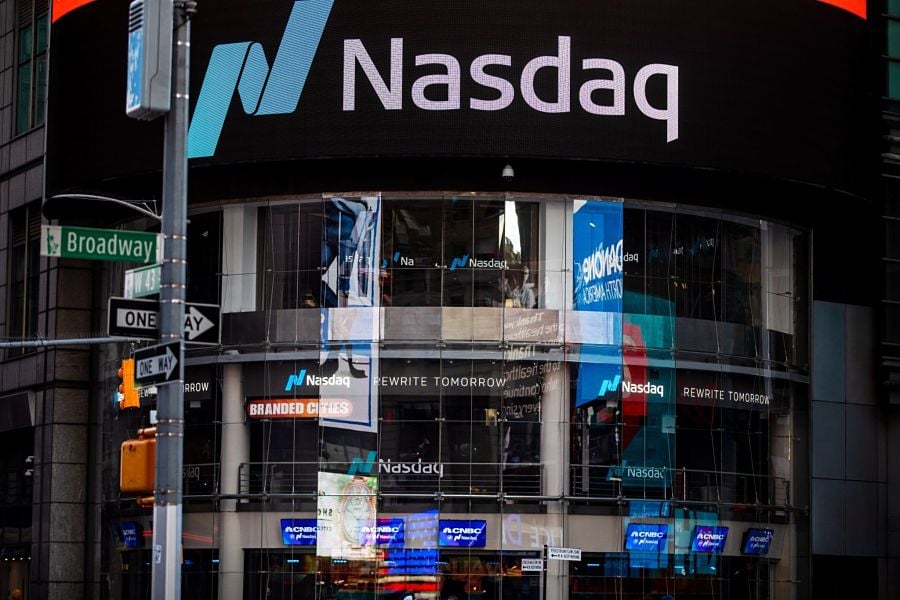

After debuting Wednesday morning in trading on the Nasdaq, shares of Alvarium Tiedemann Holdings, the highly anticipated listing of a leading registered investment advisor with $60 billion in assets, fell by close to one-third in value. At 12:20 p.m. Wednesday, shares were trading at $7.78; on Tuesday, when the company was operating as a separate company and a special purpose acquisition company, or SPAC, shares had closed at $10.33.
Over the summer, industry observers and bankers noted that the Tiedemann/Alvarium merger was a standout in the RIA industry because of its focus on high-net-worth investors, the most lucrative of clients for financial advisors to work with. In November, the combined companies reported $8.2 million in net income for the third quarter of last year.
The RIA industry has been riding high for more than a decade as a wave of mergers and acquisitions has sent waves of capital into firms, with large aggregators looking to snap up smaller firms and private equity managers interested in RIAs because of their steady cash flows, which can return 25% to 35% annually. But for the most part, RIAs had avoided the public markets, where they face much greater scrutiny from investors and are subject to an array of market forces, including short sellers.
That changed with the September 2021 announcement that Tiedemann Group, a New York-based investment and wealth management firm, and Alvarium Investments Limited, a London wealth management and investment firm with global reach and an RIA in Miami, were merging and then eventually combining with the SPAC, Cartesian Growth Corp. SPACs are shell companies typically sold at $10 per share to raise capital and then make acquisitions or combined with other companies looking to list on an exchange.
That new company, Alvarium Tiedemann Holdings, began trading Wednesday under the ticker symbol ALTI.
At the time of the deal's unveiling 16 months ago, the companies revealed their aspirations. The new enterprise expected to have a public value eventually of almost $1.4 billion and to manage more than $100 billion in client assets by 2026. The company has 400 employees globally, it said in a statement.
The combination of the three entities, Tiedemann, Alvarium and Cartesian Growth, was approved at a meeting of stockholders of Cartesian in November and closed Tuesday.
"In 2023, we plan to capitalize on the opportunity to provide our clients and partners with best-in-class financial advisory services, access to alternative investment opportunities and a leading impact investing offering," Michael Tiedemann, CEO of Alvarium Tiedemann, said in a statement.
SPAC investing soared during the Covid-19 pandemic but investors soured on the vehicles last year as rising interest rates made them less desirable vehicles to park cash. Despite that, some financial advice-focused SPAC deals, including Wednesday's Alvarium Tiedemann trading debut, appear to be moving forward.
Last month, an aggregator of small-to-midsize broker-dealers, Wentworth Management Services, which intends to go public by merging with a SPAC, said it had tapped Larry Roth, a veteran CEO at independent broker-dealers, to serve as executive chairman of the new enterprise, which is to be dubbed Binah Capital Group Inc.

A new analysis finds long-running fiscal woes coupled with impacts from the One Big Beautiful Bill Act stand to erode the major pillar for retirement income planning.

Caz Craffy, whom the Department of Justice hit with a 12-year prison term last year for defrauding grieving military families, has been officially exiled from the securities agency.

After years or decades spent building deep relationships with clients, experienced advisors' attention and intention must turn toward their spouses, children, and future generations.

The customer’s UBS financial advisor allegedly mishandled an options strategy called a collar, according to the client’s attorney.

An expansion to a 2017 TCJA provision, a permanent increase to the standard deduction, and additional incentives for non-itemizers add new twists to the donate-or-wait decision.
Orion's Tom Wilson on delivering coordinated, high-touch service in a world where returns alone no longer set you apart.
Barely a decade old, registered index-linked annuities have quickly surged in popularity, thanks to their unique blend of protection and growth potential—an appealing option for investors looking to chart a steadier course through today's choppy market waters, says Myles Lambert, Brighthouse Financial.
